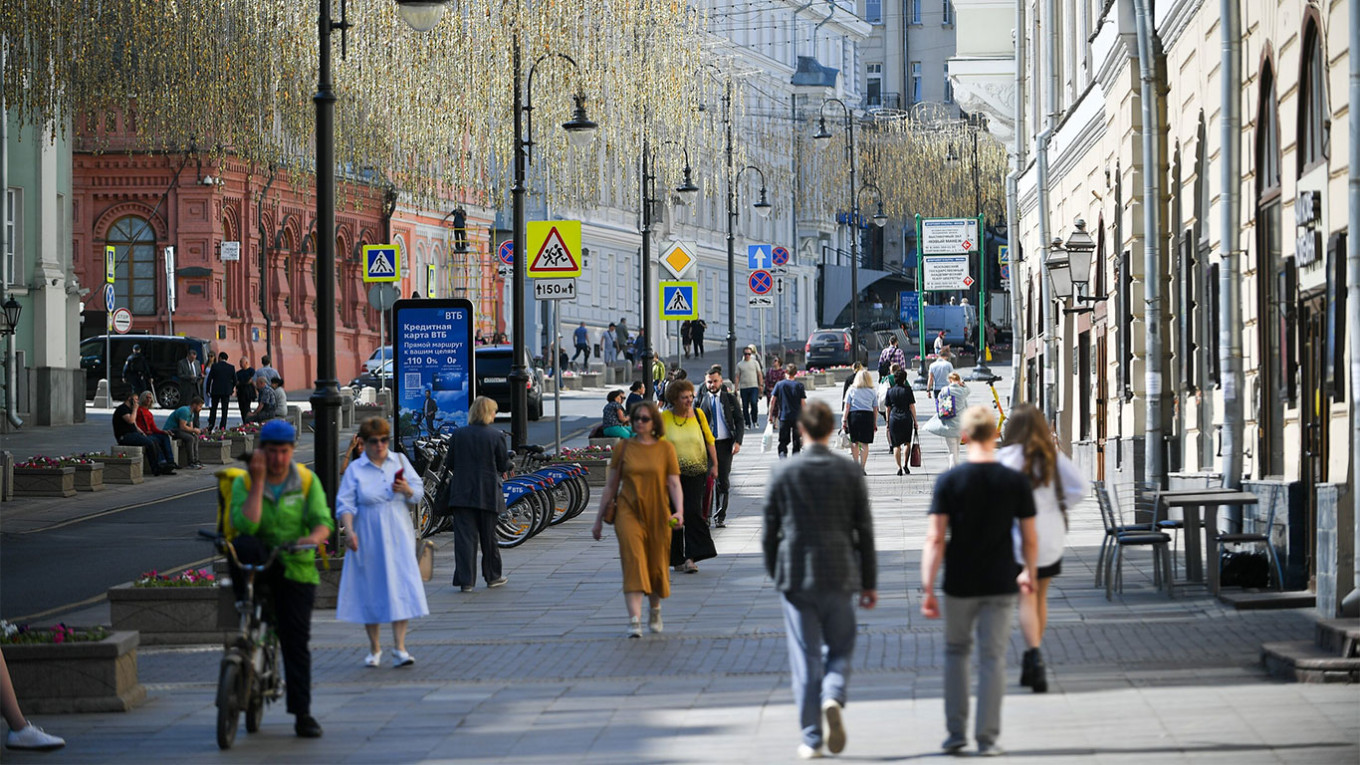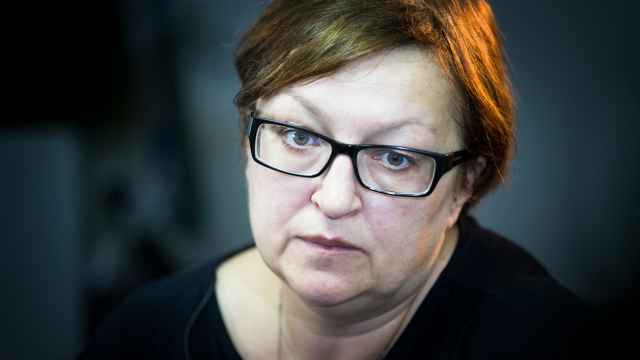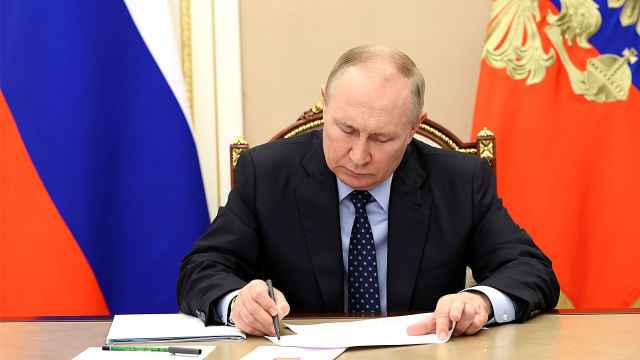Russian authorities maintain a secret registry of nearly 900 individuals deemed to be “affiliated” with people and organizations labeled “foreign agents.”
The size of the registry, which is legally closed to the public, was disclosed in a report by the State Duma’s Committee on Foreign Interference published Thursday.
The committee’s report states that 861 people were included in the Justice Ministry’s list of "persons affiliated with foreign agents” by December 2022.
Most of the 861 people on the list were individuals who the Justice Ministry "identified in the preparation and conducting of election campaigns," according to the report.
The registry, which was created in July 2022, includes highly detailed information about the people listed.
It contains the full name and date of birth of the affiliated person, their taxpayer identification number, insurance number, citizenship, details of an identity document, as well as information about the address of residence or place of stay.
Also on Thursday, a senior Justice Ministry official said the ministry had launched an "in-depth” probe to determine whether or not to label the Yeltsin Center in Yekaterinburg a “foreign agent.”
The Boris Yeltsin Presidential Center nonprofit’s board of trustees includes, among others, the head of President Vladimir Putin's administration Anton Vaino and Defense Minister Sergei Shoigu.
Russia’s controversial “foreign agents” registry, launched in 2012 in response to similar legislation in the United States, has been disproportionately used to target independent journalists, activists and NGOs in recent years.
The “foreign agents” label, which carries negative Soviet-era connotations, imposes strict financial reporting and self-disclosure requirements.
According to Russian law, individuals “affiliated with foreign agents” are those who carry out "political activities and receive money or property from foreign agents, including through intermediaries, to conduct political activities.”
In addition, such individuals may be recognized as members of a “foreign agent” organization.
At the same time, individuals affiliated with “foreign agents” are not subject to the same restrictions and requirements that apply to “foreign agents.”
A Message from The Moscow Times:
Dear readers,
We are facing unprecedented challenges. Russia's Prosecutor General's Office has designated The Moscow Times as an "undesirable" organization, criminalizing our work and putting our staff at risk of prosecution. This follows our earlier unjust labeling as a "foreign agent."
These actions are direct attempts to silence independent journalism in Russia. The authorities claim our work "discredits the decisions of the Russian leadership." We see things differently: we strive to provide accurate, unbiased reporting on Russia.
We, the journalists of The Moscow Times, refuse to be silenced. But to continue our work, we need your help.
Your support, no matter how small, makes a world of difference. If you can, please support us monthly starting from just $2. It's quick to set up, and every contribution makes a significant impact.
By supporting The Moscow Times, you're defending open, independent journalism in the face of repression. Thank you for standing with us.
Remind me later.






